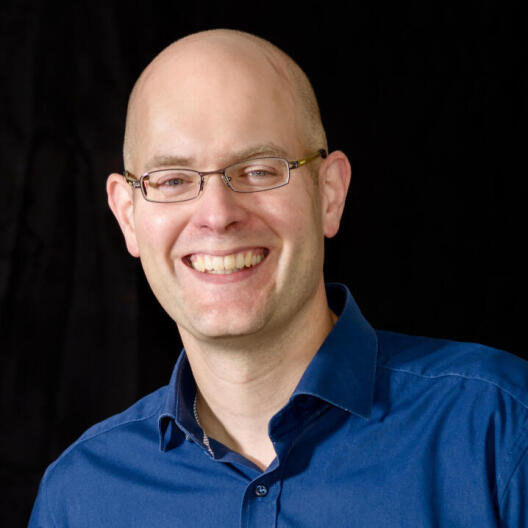Prof. Frank Glorius admitted to "Leopoldina" Academy
Prof. Dr. Frank Glorius is a new member of the prestigious Leopoldina – National Academy of Sciences. The oldest academic society of natural and medical sciences in the German-speaking area has honored his exceptional scientific achievements in the field of catalytic chemistry and in the development of functional molecules.

Prof. Glorius has made major contributions to various current areas of research. A main topic is represented by the use of visible light. Through the intervention of suitable catalysts, visible light enables a particularly mild activation of organic molecules. This year a complex ring system could be thereby produced under dearomatisation, which was published in the renowned magazine Science. Another focus lies in the hydrogenation of aromatic compounds. The Prof. Glorius research group is considered as a global leader in relation to this difficult but important class of reactions. The resulting functionalized cyclic products potentially are important components of various areas of application such as the manufacture of medicines.
Another main research topic is the development and use of N-heterocyclic carbenes (NHCs), a particularly reactive class of organic compounds. In addition to applications in catalysis, the research group of Prof. Glorius is a leader in the modification of surfaces with these NHCs, which allow the transformation of properties of these materials, such as the conductivity or the catalytic activity. One of the advantages of molecular NHCs is that they can be tailor-made for various applications, just as Lego bricks, which can be used to create any desired structure. This research work is characterized by a strong interdisciplinary approach and the collaboration with many scientists in Münster, Germany and all around the world. In addition to the further development of catalysts based on mechanistic investigations, the research approach includes more and more the application of modern techniques in the fields of “data science” and machine learning. The latter is based on the efficient collection, processing and evaluation of large amounts of data for the development of computer-aided methods for the more efficient solution of chemical problems.
Prof. Dr. Frank Glorius has been a professor at the Institute of Organic Chemistry since 2007. He has already received numerous national and international awards, including the Gottfried Wilhelm Leibnitz Award of the German Research Foundation (DFG) in 2013 and an “Advanced Grant” from the European Research Council in 2018. He also coordinates the priority program 2363 "Molecular Machine Learning - From Fundamentals to Application and Beyond" and, together with Prof. Martin Winter, the International Graduate School of Battery Chemistry, Characterization, Analysis, Recycling and Application (BACCARA).
The Leopoldina brings together researchers from various fields with particular expertise in their respective areas of specialisation. The objective is to deal with important social issues from a scientific perspective and to communicate the results to the public. Since its appointment as National Academy of Sciences in 2008, its tasks have also included science-based advice to politics and society, as well as representing German science abroad. The Leopoldina, founded in 1652, can count today on around 1,600 members from more than thirty countries. Prof. Frank Glorius is together with Prof. Dr. Gerhard Erker, Prof. Dr. Bernd Krebs and Prof. Dr. Armido Studer the fourth member of the Münster University in the section “Chemistry”. The Münster University has in total over 20 members of the Leopoldina.
